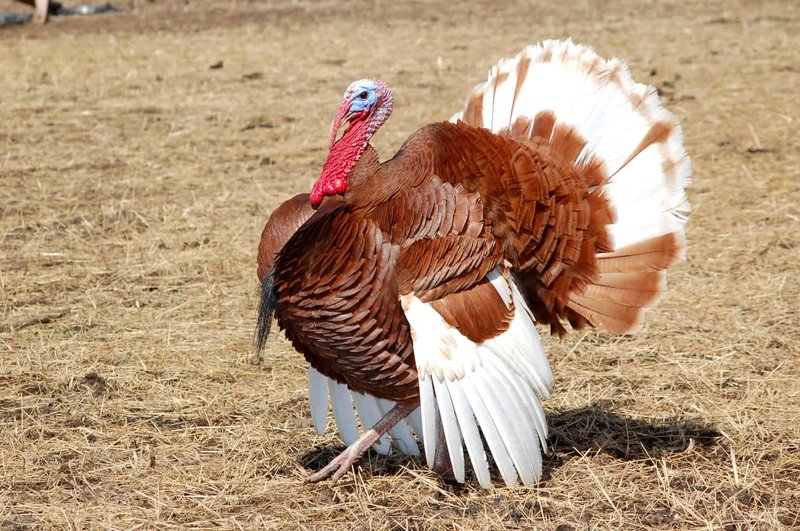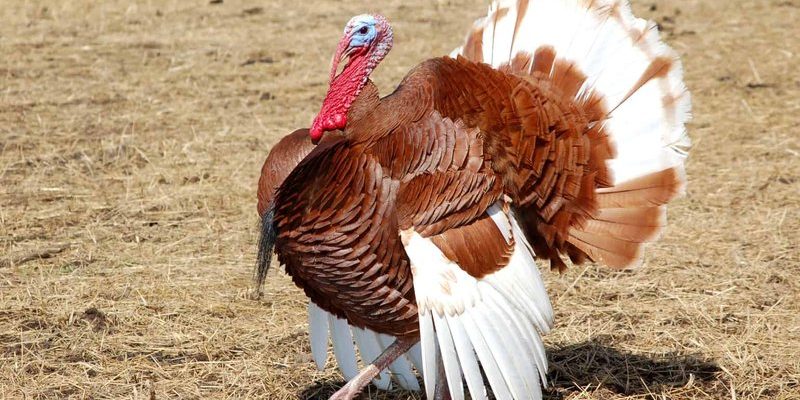
Turkey vultures are unique not only in their feeding habits but also in their family dynamics. Imagine a world where your parenting doesn’t involve running after your kids or teaching them manners but involves instinctively ensuring their survival in the wild. Let’s dive into how turkey vultures do just that, covering everything from their nesting habits to how they teach their fledglings to thrive.
Nesting Habits of Turkey Vultures
Turkey vultures are not picky when it comes to choosing a home for their young. They typically look for secluded spots that provide safety from predators and harsh weather. This can range from rocky ledges to hollow trees, or even abandoned buildings. You might be surprised to know that these birds don’t build nests in the traditional sense; instead, they often just scrape together a small depression in the ground or amongst leaves.
Location is key for these birds. A well-hidden nesting site protects the eggs from potential threats. With a keen sense of their surroundings, turkey vultures often select areas that are both out of sight and close to food sources. This careful planning ensures that both the eggs and the young chicks can benefit from a steady supply of nourishment.
Let’s not forget about the number of eggs they lay. Typically, a turkey vulture will lay one to three eggs, which are usually speckled and blend in with the natural environment. This camouflage is a clever way to keep the eggs safe from unwanted attention. Once the eggs are laid, both parents take turns incubating them, emphasizing a shared responsibility in caring for their offspring.
Incubation and Hatching
The incubation period for turkey vulture eggs lasts about 30 to 40 days. During this time, both parents stay committed to keeping the eggs warm and protected. They take turns sitting on the eggs, which helps to ensure that they don’t get too warm or too cold. Here’s the thing: incubation is critical. If the temperature fluctuates too much, it can jeopardize the development of the embryos.
When the chicks finally hatch, they are born blind and covered in downy feathers. It’s hard to imagine just how vulnerable they are at this stage. Turkey vulture chicks are completely dependent on their parents for food and warmth. The parents are incredibly attentive, using their instincts to keep the little ones safe and healthy during these critical first days.
As the chicks grow, they start to develop their personalities. You might even notice that some are a bit more adventurous than others, showing curiosity about their surroundings. It’s genuinely heartwarming to see how, over time, they begin to peek out from their nesting site, eager to explore the world beyond.
Feeding the Young
Once the chicks hatch, feeding them becomes a top priority. Turkey vultures rely on a diet of carrion, so the parents will scavenge for food and bring it back to their young. You might wonder how they do this when their fledglings can’t fly yet. Here’s where it gets interesting: the adult vultures will partially digest the food before regurgitating it for the chicks. Yes, you read that right!
This process of partial digestion makes it easier for the young vultures to consume the food. It’s a bit like having a parent cut up your dinner before serving it. The chicks need to eat frequently, and the parents are up to the task, often making multiple trips to ensure their little ones are fed.
As the chicks grow, they start to develop their own hunting skills. Although they will still rely on their parents for a while, they begin to learn the ropes of scavenging. It’s fascinating to see how quickly they pick up these essential survival skills, preparing them for a life in the wild.
Development of Social Skills
Just like in any family, learning to interact with others is crucial for turkey vultures. As the chicks mature, they begin to play with each other and explore their environment more boldly. This isn’t just for fun; it’s a key part of their development. They learn about their surroundings and develop the social skills needed to thrive in a group setting.
Observing vulture chicks interact can be quite an experience. They often engage in playful antics, flapping their wings and practicing moves they’ll need when it’s time to take flight. It’s like watching young kids play tag in a playground, all while learning valuable lessons about teamwork and cooperation.
The parents also play a significant role in teaching their young about social dynamics. They’ll sometimes display dominant behaviors to show the chicks their place in the social hierarchy of vultures. This is crucial as they prepare to join the larger group once they are ready to leave the nest.
Fledging and Independence
As the weeks pass, and after about 10 to 12 weeks, the chicks are ready to take their first flight. This period, known as fledging, is a pivotal moment for turkey vultures. You might picture it as a high-stakes moment, where each chick must summon the courage to leap into the air for the first time.
During this time, the parents will encourage their young to take these flights, often leading by example. It’s a bit like a parent encouraging a child to ride a bike for the first time—there’s a mixture of excitement and apprehension. The fledglings might flail about initially, but with practice, they become more graceful and confident in the air.
Once they can fly, they’ll still rely on their parents for food and guidance for a while longer. This transitional phase is crucial, allowing the young vultures to learn about foraging and navigating their new world. It’s not uncommon for fledglings to stick around for several weeks as they perfect their skills and gain confidence.
Raising young turkey vultures is a fascinating journey of survival and learning. From careful nesting and attentive feeding to playful interactions and the thrill of flight, these birds showcase the incredible adaptability of nature. Watching a vulture family grow is a reminder of the delicate balance of life, where every moment counts.
The nurturing ways of turkey vultures reflect a broader story about wildlife and the importance of caring for future generations. As we reflect on their journey from vulnerable chicks to soaring birds, we gain a deeper appreciation for the intricate systems of life in the wild. So, next time you spot a turkey vulture in the sky, remember the remarkable journey it took to become that majestic creature and the loving care it experienced along the way.

